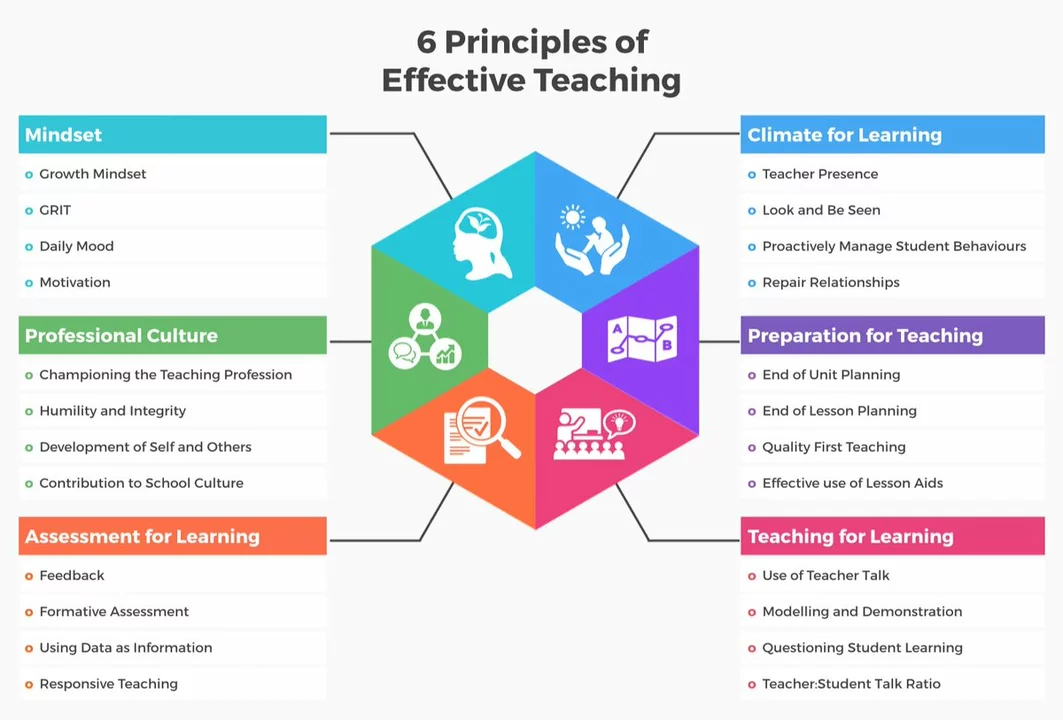Wellbeing: Make Better Choices and Feel Stronger
Feeling low or worn out changes how you decide. When energy drops, choices get shorter, riskier, or avoided altogether. This page collects clear, practical steps to protect your wellbeing and sharpen decision-making so you act from strength instead of stress.
Start by noticing patterns. Do you pick junk food after a long day? Put off important calls until later? Those are signs of decision fatigue or low energy. A small change—like a prepared meal or a phone time-block—stops a chain reaction that hurts mood and choices later.
Quick daily habits
Sleep matters. Aim for a regular bedtime and wake time, even on weekends. Poor sleep reduces willpower and raises emotional reactivity, which makes small problems feel huge.
Eat simple, regular meals. Low blood sugar amplifies stress and narrows thinking. Keep a few reliable meal options you can rotate—nothing fancy. Prepare two or three nutrient-dense meals you enjoy so you don’t rely on takeout when you’re tired.
Move briefly but often. Short walks, stretching, or five minutes of breath work resets your brain. When you notice fuzzy thinking, stand up, breathe for 60 seconds, and come back with clearer focus.
Reduce choice clutter. Limit daily decisions—wear a capsule wardrobe, set a weekly meal plan, and use routines for mornings and evenings. Fewer small choices leaves energy for the important ones.
Handle low-energy decision moments
Have a simple rule for big decisions: wait. Use a 24-hour rule for purchases or big changes. Give yourself permission to sleep on it. Most impulsive choices lose their appeal after a short pause.
Create default options. If you struggle to pick healthy meals, subscribe to a healthy meal box or set recurring grocery buys online. Defaults remove the need to decide in moments of low willpower.
Use small commitments. Instead of “start exercising,” commit to a two-minute version: five push-ups or a two-minute walk. Tiny wins build momentum and feel achievable when you’re low on energy.
Build self-awareness tools. Keep a simple journal note: what time of day are you sharpest? When do you feel drained? Track decisions you regret for a week. Patterns reveal where to add supports—like postponing hard tasks to your peak hours.
Interested in how weakness affects choices? Check the featured post “The Impact of Weakness on Decision-Making.” It explains how vulnerability shifts our thinking and gives practical ways to spot and counteract those moments—simple steps you can apply today.
Finally, ask for help. Wellbeing isn’t a solo project. Share routines with a friend, use reminders, or consult reliable sources on meds and supplements if you need them. Small systems beat big willpower bursts every time.
Put one habit in place this week—sleep, a default meal, or a two-minute rule—and watch how your choices improve. Better decisions come from clearer minds, and clearer minds come from steady, simple care.

